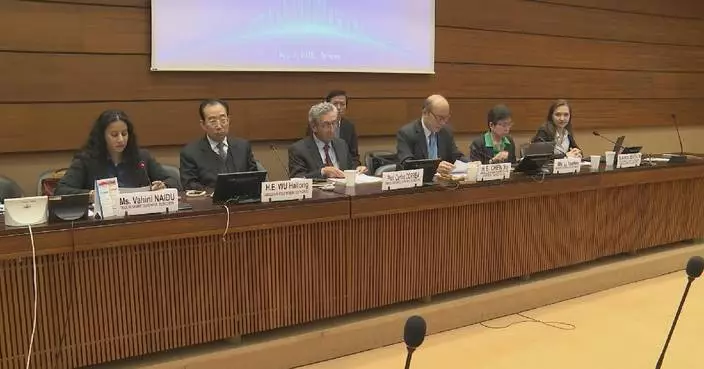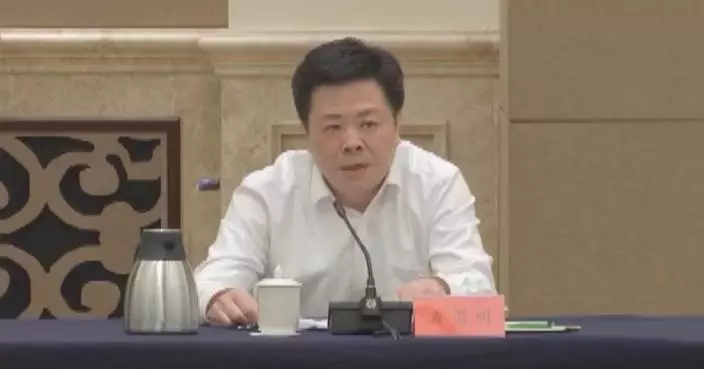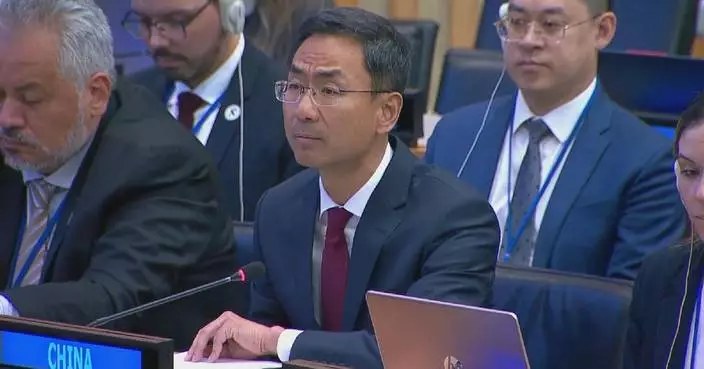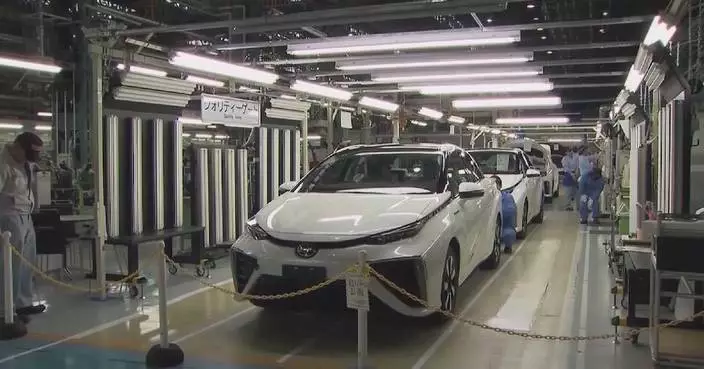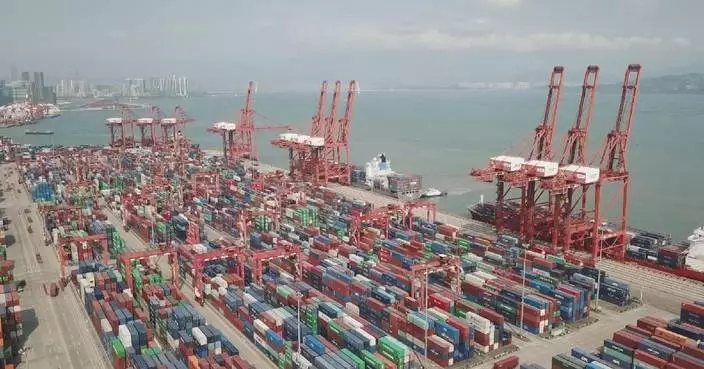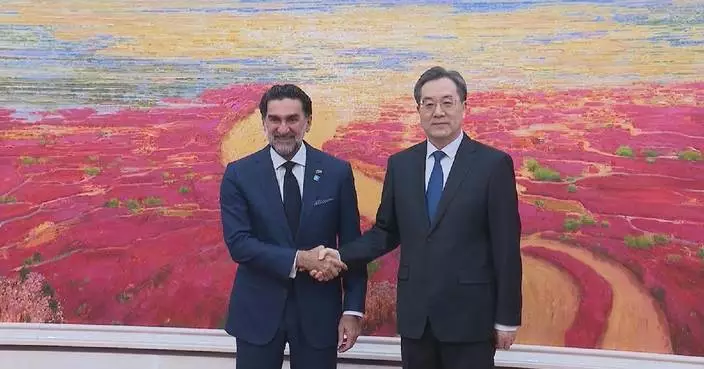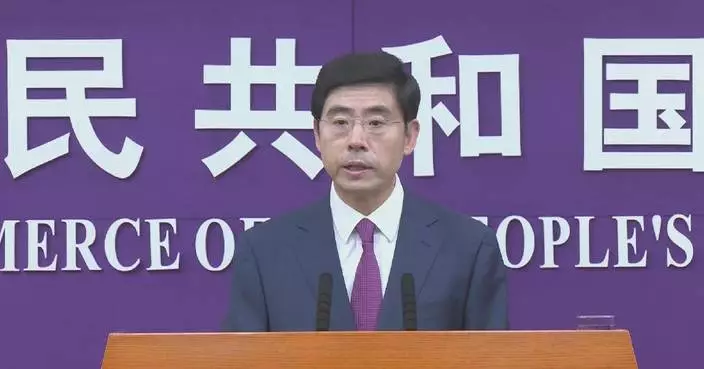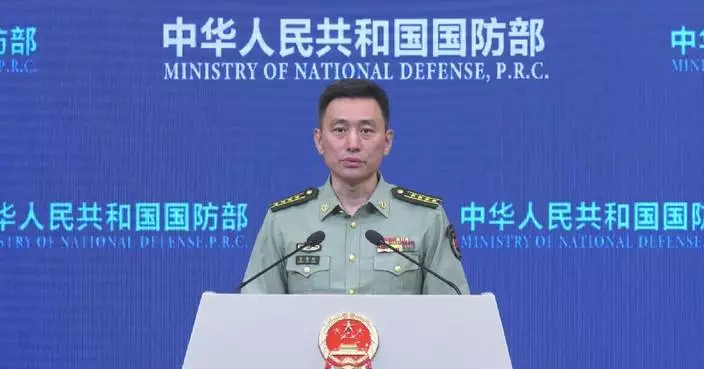China's Small and Medium-Sized Enterprises (SMEs) Development Index edged up 0.3 to 89.0 points in October from the previous month, industry data showed Monday.
This marks the largest increase so far this year and the largest single-month increase since March last year.
A survey conducted by the China Association of Small and Medium-Sized Enterprises showed that the recent introduction of a package of incremental policies by various competent central government agencies to boost economic recovery is the main factor behind the index growth.
Divided by regions, in October, the SME development index in the eastern, central, western and northeastern parts of China all increased, with the western and northeastern regions seeing the largest increases of 0.6 and 0.9 points respectively.
Meanwhile, the proportion of enterprises with an operating rate of more than half exceeded 75 percent, and the proportion of enterprises fully operating was 40.2 percent, both of which increased significantly compared with September, according to the survey.
"From the October index, we can see that the SMEs have achieved a comprehensive recovery since the beginning of the fourth quarter, and they are striving to maintain the upward momentum, which will also create favorable conditions for meeting the goals and fulfilling the tasks for the whole year," said Ma Bin, executive vice president, China Association of Small and Medium-Sized Enterprises.
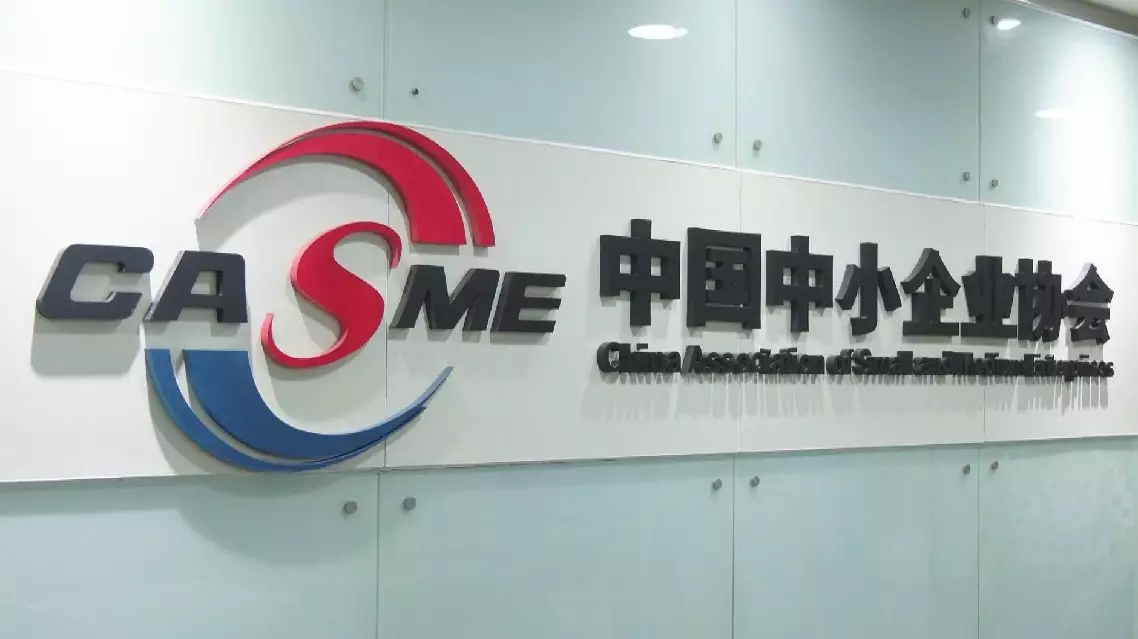
China's SME development index edges up in October
U.S. President Donald Trump's announcement of a 100 percent tariff on overseas-produced films has ignited fierce criticism from Hollywood and academic circles, amid growing concerns over the struggling domestic film industry.
Nicholas J. Cull, a professor at the University of Southern California's Annenberg School for Communication and Journalism, warned that the film tariff is fundamentally an act of political manipulation. He cautioned that it would heighten uncertainty in the industry, hinder international cultural exchange, sever global understanding, and undermine efforts toward international cooperation and dialogue.
"We live in a world where the problems are too big for any one country to solve, and the only way these problems are going to be solved is if people are able to work together. Now working together requires trust. Trust requires knowledge. One of the ways in which countries get to know each other, get to appreciate each other, is through exposure to their popular culture. Now it should be a time for learning more about each other, building trust between countries, and learning how to work together. And seeing each other's movies, I think, is a really important way of building knowledge and building trust. And so to me, the idea of limiting the distribution of films or penalizing production of foreign films is swimming in exactly the wrong direction at this particular moment in history," said Cull.
Cull also challenged Trump's justification that foreign films pose a threat to national security, calling it unconvincing and counterproductive to America's global image.
"He is making this important connection in that statement between what people see of America, how people feel about America, and how secure the United States is, but I don't think making crazy proposals and threatening our neighbors is a great way of helping America's reputation. I think that there must be better ways of going about this. So in the long term, this kind of behavior, I think increases mistrust about the United States," he said.
Cull further warned that the policy could trigger retaliatory measures from other countries, escalating into a cultural trade war that would limit the global flow of ideas and creativity.
"I think that in the more immediate future we can see that there will be a danger of reciprocal tariffs. So other countries will say, 'well, if you're going to impose a tariff on our production, we're going to impose a tariff on your production.' And that would be unhelpful. I think one of the things I would worry about is the world seeing less of one another's creativity, less of one another's perspectives. Right now, we need to know more about what each other are thinking, I feel," he explained.
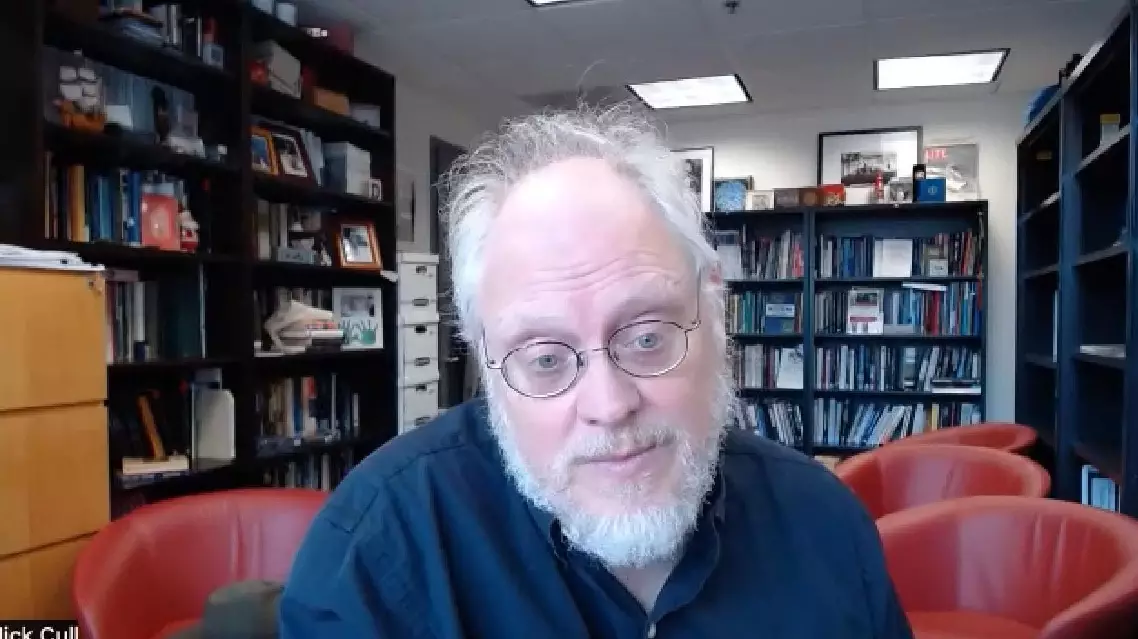
Trump's film tariff fuels global cultural divide: scholar





